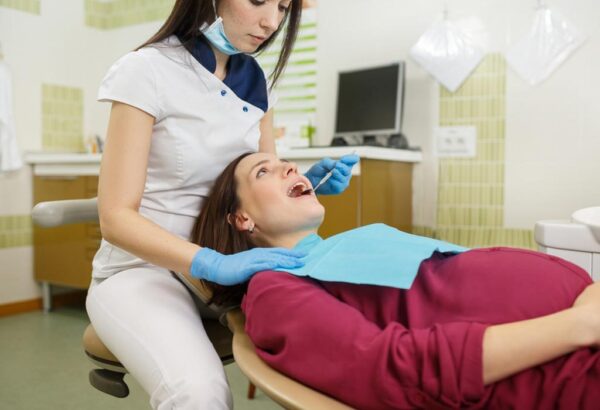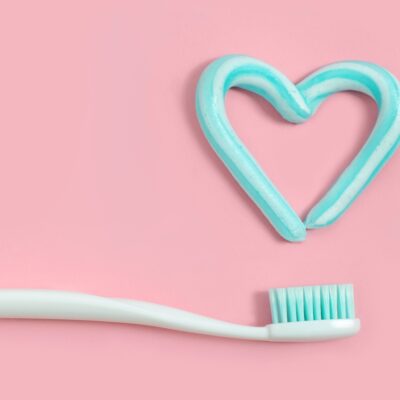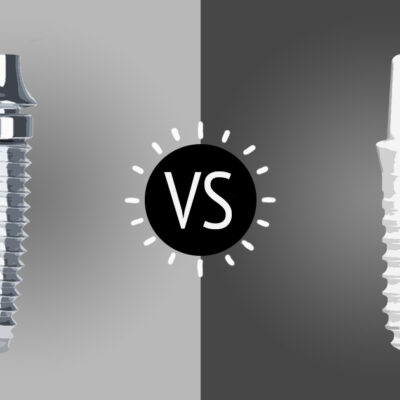Dental Pain in Pregnancy causes several hormonal changes in a women’s body. The link between pregnancy has its effect on periodontal disease and vice-versa. Recent evidence states that periodontal disease after the systemic health of the patient and elevates the risk for low birth weight, preterm infants. Read more about your dentist visit during pregnancy.
Dental pain commonly seen during pregnancy include:

Dental pain from Pregnancy Gingivitis
Seen in 30-100%of all pregnant women. Its characterized by redness, puffy gums increased bleeding. It ranges from mild to severe forms. This is mainly due to elevated hormonal levels which causes an exaggerated response to plaque. The anterior region and inter-proximal sites of the mouth more often affected.
Pyogenic Granuloma Pain in Gums and Tooth
Also known as pregnancy tumors, occur in 0.2% to 9.6% of pregnancies. Most commonly seen in the 2nd or 3rd month of pregnancy. Clinically, they bleed only and are hyperplastic and nodular. Maybe sessile or pedunculated and ulcerated. The lesion occurs in an area of gingivitis. It’s associated with poor oral hygiene. Therefore the alveolar bone loss not associated with pyogenic granuloma of pregnancy.
Related to Peridontal disease and pre-term birth
Untreated periodontal disease in pregnancy is a risk factor for preterm (<37 weeks of gestation), low-birth-weight (,2500gms) infants. Hence, the results by translocation of bacterial products like (LPS) and the action of maternally produced inflammatory mediators. Inflammatory mediators such as PGE2 and TNF-alpha raised to high levels by the infection process which may cause premature labor.
These conditions give rise to pain and/or sensitivity. So elective dental treatment becomes necessary to avoid undue complications for the mother and foetus. Visit your dentist to know more.
Second trimester the safest for dental treatment. During this period one can opt for small dental related treatments and prevention procedure to ensure a safe and healthy 3rd trimester and child birth treatments such as scaling and fillings can be performed. Most commonly prescribed antibiotics during pregnancy are Amoxicillin, Metronidazole, Cephalosporin, Clindamycin, Azithromycin, Erythromycin . Analgesics such as Acetaminophen, is the safest.
How to prevent teeth pain during pregnancy?
- Don’t skip brushing. You’ll be more tired and achy, so it might be easy to go to bed without brushing your teeth — don’t.
- Drink water or rinse your mouth after vomiting, if you have morning sickness. This helps remove stomach acid from teeth.
- Inform your dentist that you’re pregnant and see if you need more frequent cleanings.
- Limit intake of sugary foods and carbohydrates.

Conclusion
Establishing a healthy oral environment and maintaining optimal oral hygiene levels are primary objectives in a pregnant patient. To avoid the pregnancy related oral issues it is advised to seek dental consultation before pregnancy. Although there are at-home treatment options available, the safest and most effective solution to dealing with toothache is to see your dentist or dental hygienist. Most common dental procedures such as a professional cleaning are perfectly safe for both the mother and fetus.
Follow Us For More Updates






Nice. i recommended my family and friends. Its costly but worth it.